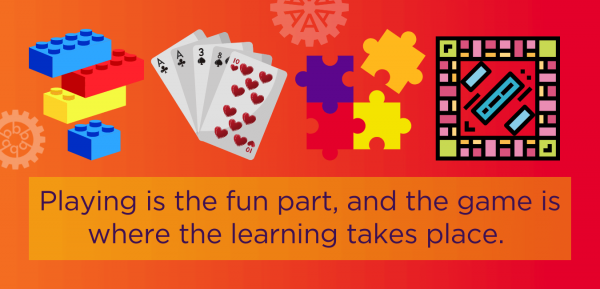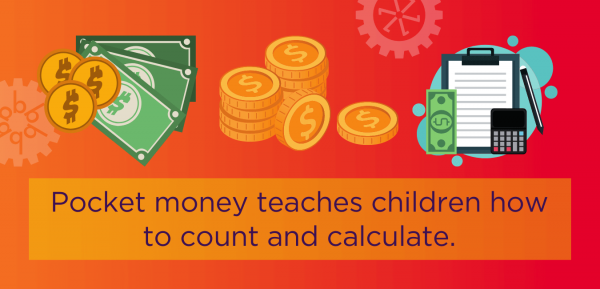Mastering numeracy basics at home

Mastery of numeracy basics is essential for children. Regardless of your child's age or ability level, there are boundless possibilities for them to practice maths in and outside the classroom. As parents, we have the opportunity to use everyday experiences and resources that can be found in and around our home to help our kids learn and master basic numeracy. Whether it’s getting them to give you a hand in the kitchen or playing board games, you can support your child’s learning through daily tasks and activities. Read on to discover 4 ways to help your child master numeracy basics at home.
1. Cooking
Your home is already a great learning environment for your child, whether it’s out in the garden or cooking in the kitchen. Cooking is a great way to teach your child the concept of measurement. It gives your child the opportunity to learn and experiment with measuring and following instructions. Get your child into the kitchen and ask them to weigh or measure the cooking ingredients required. This helps your child practice and learn about the basics of cooking, while drawing on the maths concepts of volume and measurement.

2. Games
An encouraging way to help your child engage in numeracy is to play games with them. Playing is the fun part, and the game is where the learning or practising takes place. There are many different types of games that can help build upon your child’s numeracy skills. From board games such as Monopoly to card games and puzzles, they all provide valuable experience to develop in the areas such as problem solving, strategising and counting. Schedule a time for your family to enjoy playing games together. This will help provide your child with a positive learning experience and helps to boost confidence when they experience success. At NumberWorks’nWords, we offer a software platform that consists of fun games for students to play at home, whilst practising and consolidating their maths skills.

3. Pocket money
If your child is learning to count, there are numerous ways at home that they can practice their calculating, adding, and subtracting skills. Learning basic numeracy through pocket money is an effective way to teach them how to count and calculate. It puts their numeracy skills into practice by encouraging them to add and subtract the amount of money they have. Encourage your child to solve simple maths problems with their pocket money, such as adding up all their coins to find out how much they have. The more your child counts, the better they will get.

4. Reading
Reading not only supports our children’s literacy learning, but it also provides a great opportunity to support their maths learning. There are a range of books that enable your child to read stories about counting and identify shapes and patterns. Reading activates the natural propensity to think outside the box and think logically, which are required when solving maths problems. A trip to the library gives your child a chance to explore and borrow books that they can take home to read and learn. Help your child discover books with a maths focus that are appropriate for their age and skill level.

It’s important to give our children the skills they need to work and reason with numbers, and to master the basics of numeracy from a young age. Support your child’s development in numeracy by giving them the boost and encouragement they need to achieve their goals. At NumberWorks’nWords, we make it our aim to provide young learners with a tailored tuition to support those who are struggling with maths and those who are ahead and need extension work. To learn more about maths tutoring at NumberWorks’nWords, get in touch with your local centre, or book a free assessment today!



